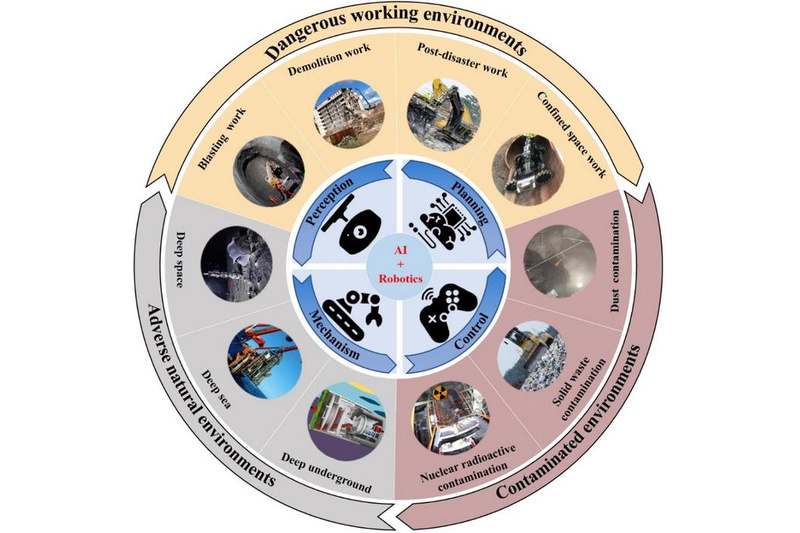
Proton Lens: Advancing Laser-Driven Proton Beam Technology

The generation of protons by irradiating thin foils by ultra short laser pulses (laser-driven proton beams) has recently
gained enormous attention. These methods can potentially replace costly installations such as cyclotrons or linear accelerators. However, due to the lack of functional focussing methods, these techniques have not reached practical applicability yet. This will change significantly by introducing the new PROTON LENS. For the first time, laser-driven proton beams can be collimated, focussed and energy separated by a simple – yet extremely effective – system. Therefore, the novel technique will potentially open up new horizons for the application of laser-induced proton beams.
Further Information: PDF
PROvendis GmbH
Phone: +49 (0)208/94105 0
Contact
Dipl.-Ing. Alfred Schillert














